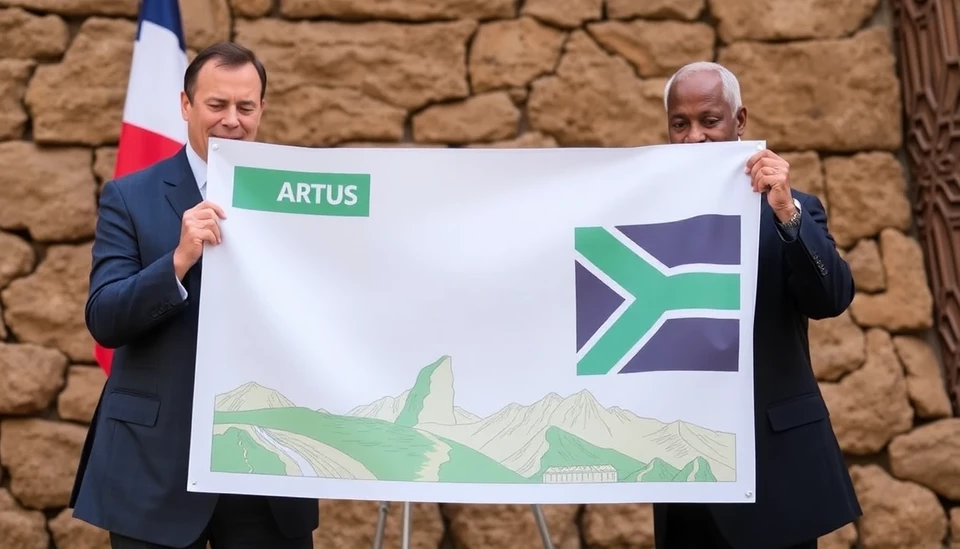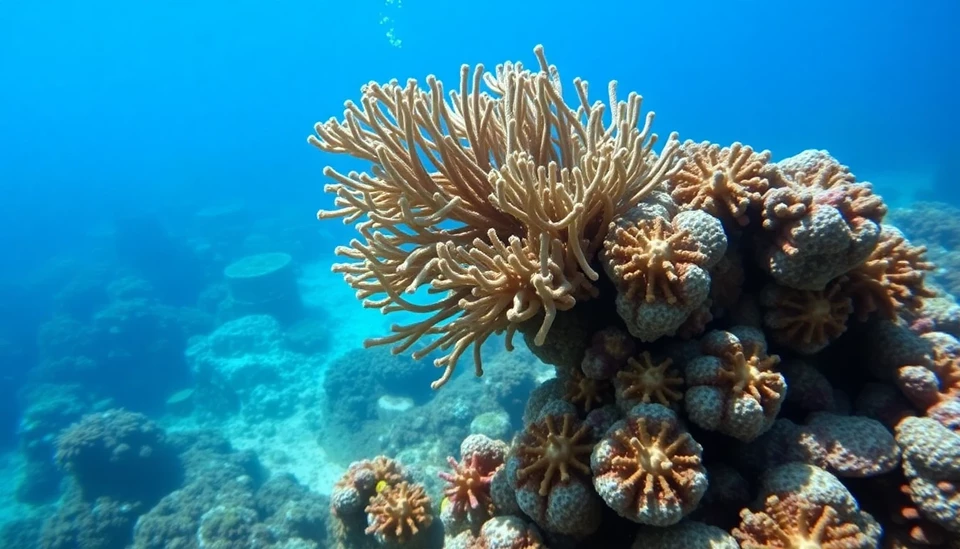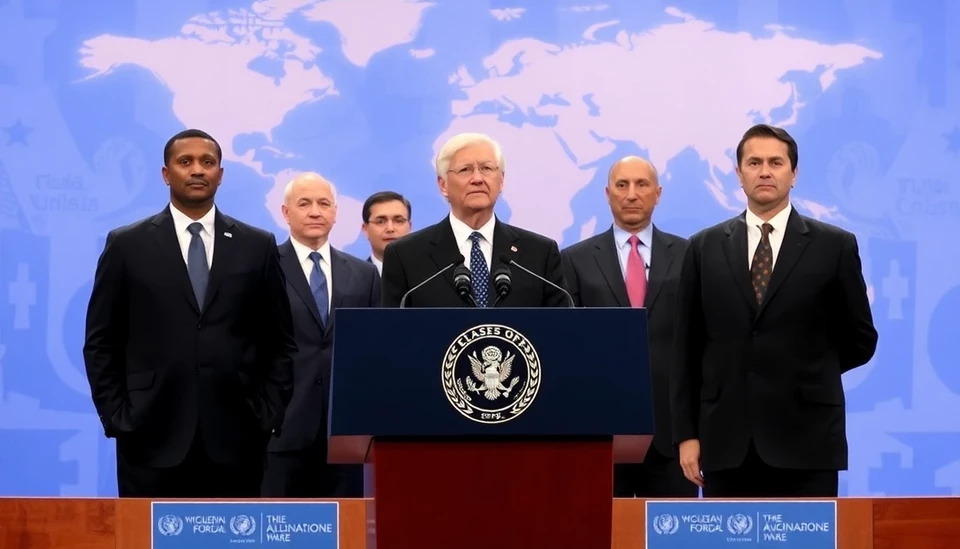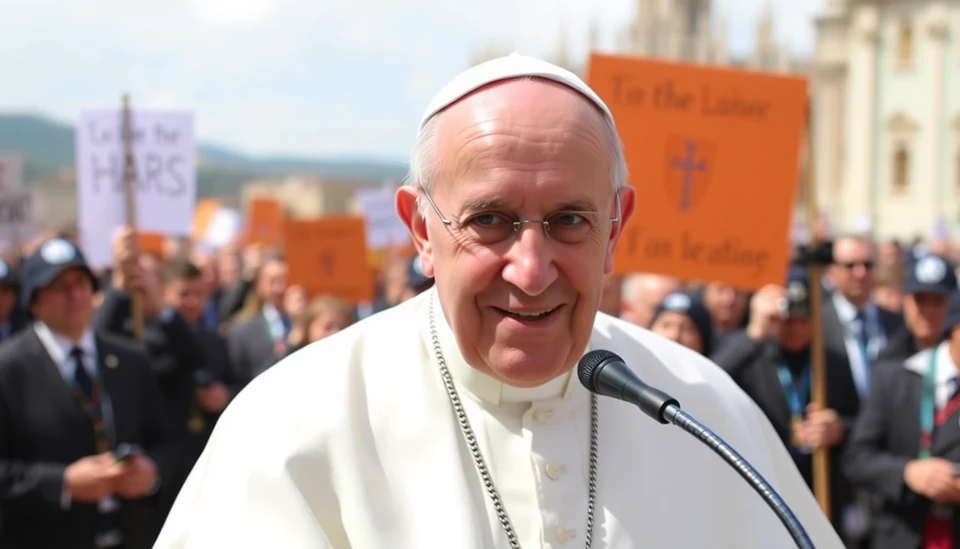
In a significant step towards reinforcing global climate finance, France is on the verge of disbursing its second climate loan to South Africa. This initiative aligns with broader efforts to support the nation’s transition to a more sustainable economy and combat the pressing challenges posed by climate change. The latest loan is an extension of France’s commitment to assist South Africa in reducing its reliance on fossil fuels and promoting renewable energy sources.
This upcoming financial assistance is part of a larger international funding package aimed at facilitating South Africa's transition from coal—a vital step given the country’s heavy dependence on coal for electricity generation. As one of the largest carbon emitters in Africa, South Africa has faced myriad environmental challenges that necessitate urgent action. The transition is seen as critical not only for the country’s ecological future but also for paving the way towards a greener, more sustainable economy.
Since the initial $8.5 billion pledge made during the COP26 climate summit in Glasgow, South Africa has been working diligently to implement plans that pivot towards renewable energy solutions. The upcoming loan is expected to provide essential financial support, helping to bolster investments in green technologies and sustainable infrastructure. It marks a significant milestone in the ongoing collaboration between France and South Africa, aiming to fulfill the promises made on the global stage concerning climate action.
The collaboration is not merely financial; it reinforces a strategic partnership between the two nations. France’s role extends beyond just providing loans. The country's involvement includes sharing expertise in green technology and sustainable practices, essential for South Africa to effectively implement its ambitious energy transition plans. This partnership illustrates France's commitment to international climate cooperation and sustainable development.
As South Africa grapples with rising energy demands, the urgency for transitioning to renewable energy sources cannot be overstated. The current energy crisis in the country has also intensified discussions around energy policies and the need for substantial infrastructural change. This loan from France will not only help in financing these necessary changes but also symbolizes a vote of confidence in South Africa's planned transition towards more sustainable energy production.
The announcement comes at a pivotal time as countries around the globe intensify their efforts to meet climate targets outlined in the Paris Agreement. France's second climate loan underscores the vital role of financial instruments in achieving climate resilience and sustainability, especially in developing nations that are more vulnerable to the impacts of climate change.
With the expected disbursement of this loan, stakeholders in South Africa’s energy sector are optimistic about the progress being made towards a greener future. It’s a crucial step towards ensuring that the nation can mitigate the adverse effects of climate change while simultaneously addressing its socio-economic challenges.
As we move forward, the collaboration between South Africa and France exemplifies the kind of international partnerships that are essential for global climate action. It highlights the interdependence between nations in tackling climate change and the necessity of financial support for sustainable development, particularly in the Global South.
In conclusion, as South Africa prepares to receive this critical loan, the world watches with anticipation. The success of this initiative may serve as a model for future collaborations between developed and developing nations as they work together towards a sustainable and resilient global environment.
#ClimateAction #SouthAfrica #France #Sustainability #RenewableEnergy #ClimateFinance #COP26 #GreenTransition #InternationalPartnerships
Author: Sophie Bennett




